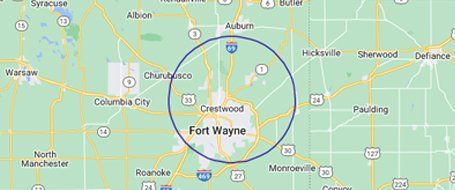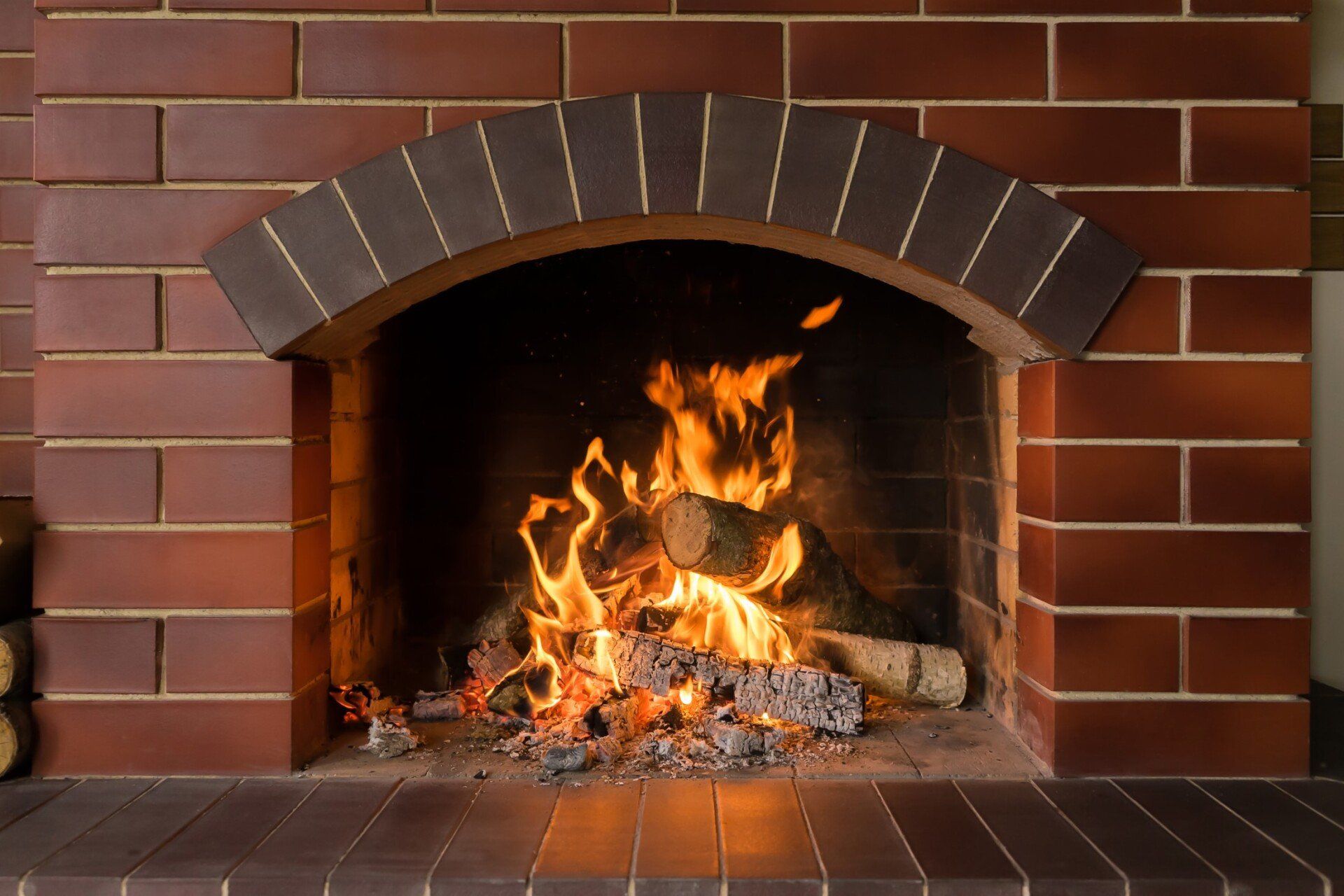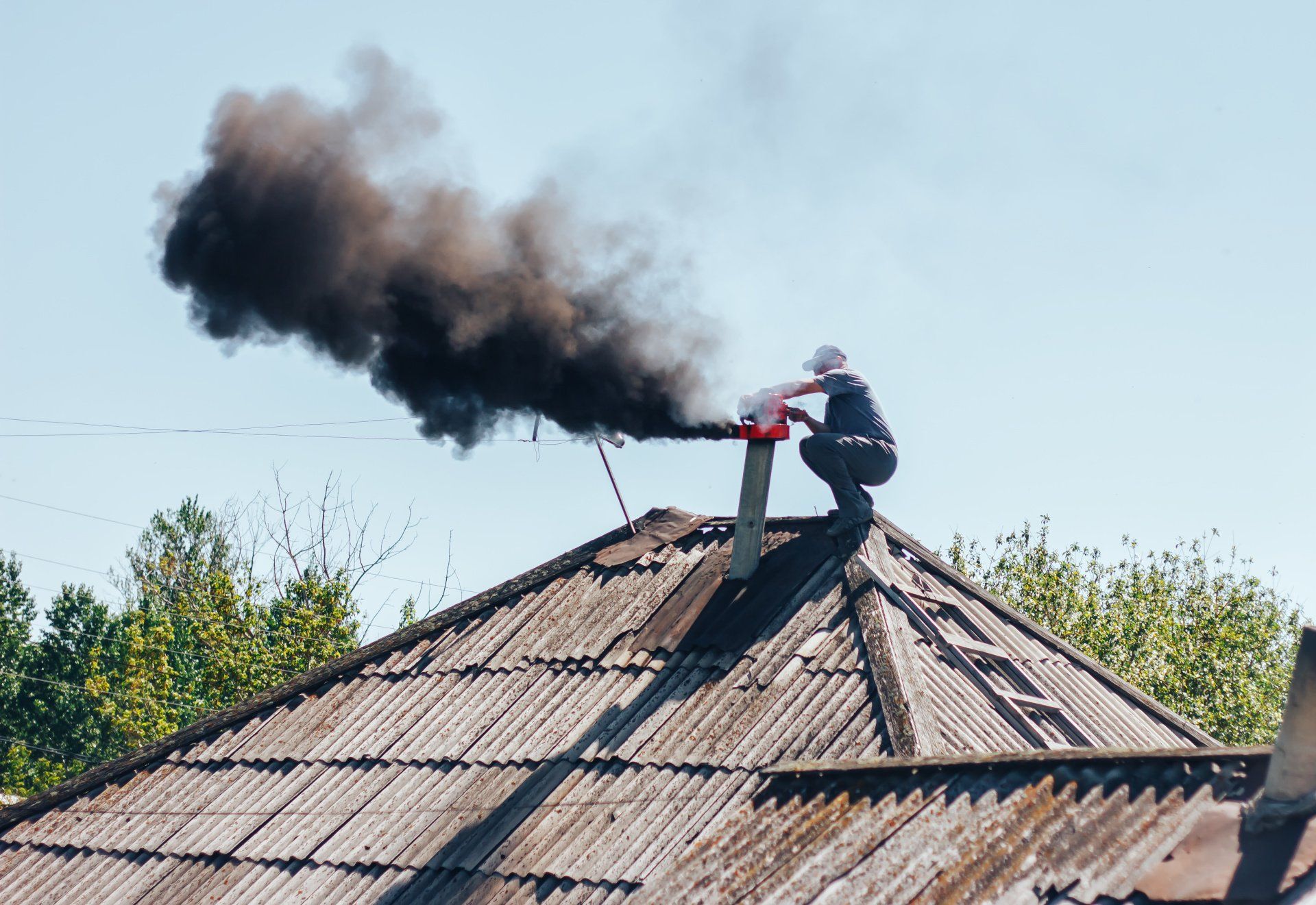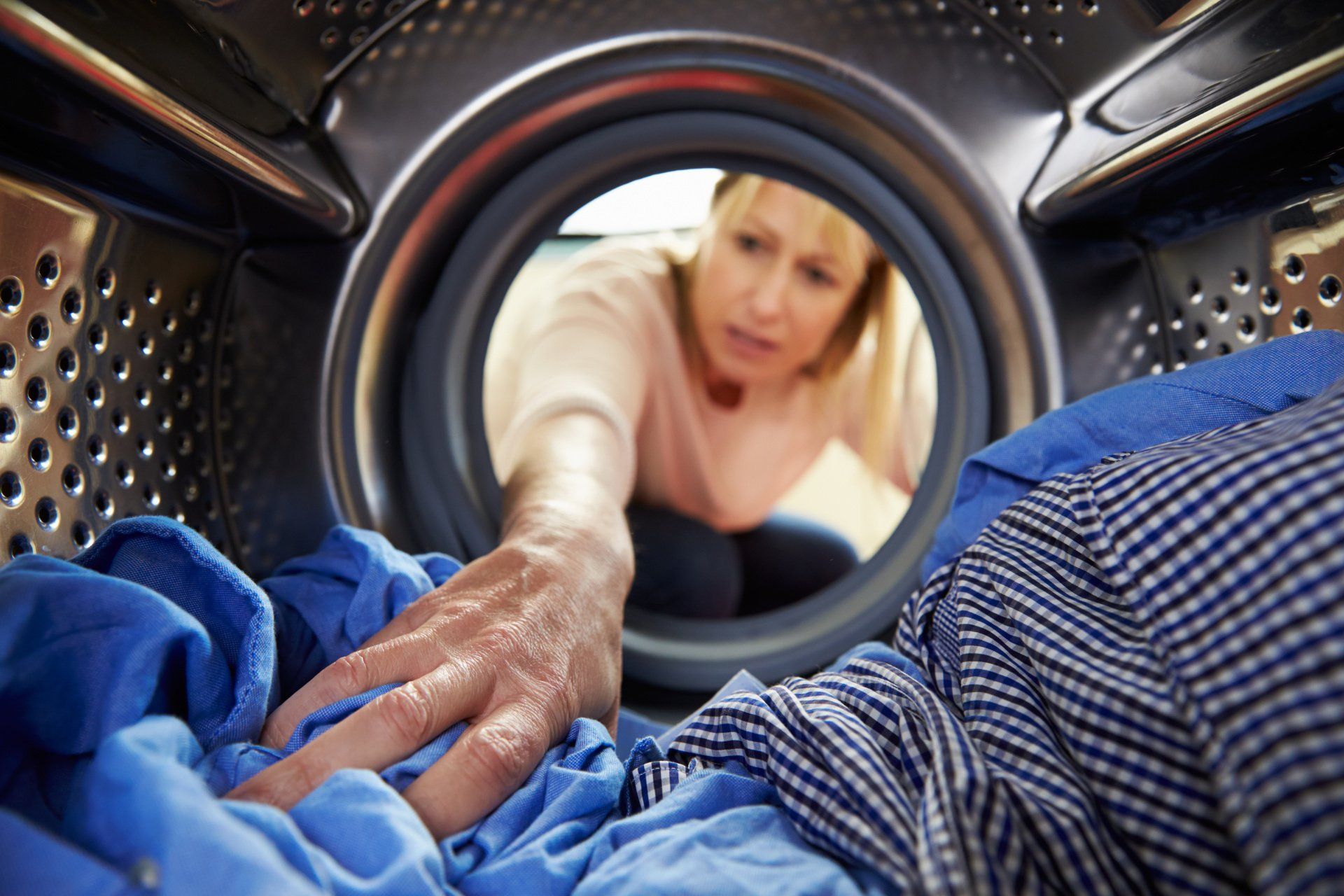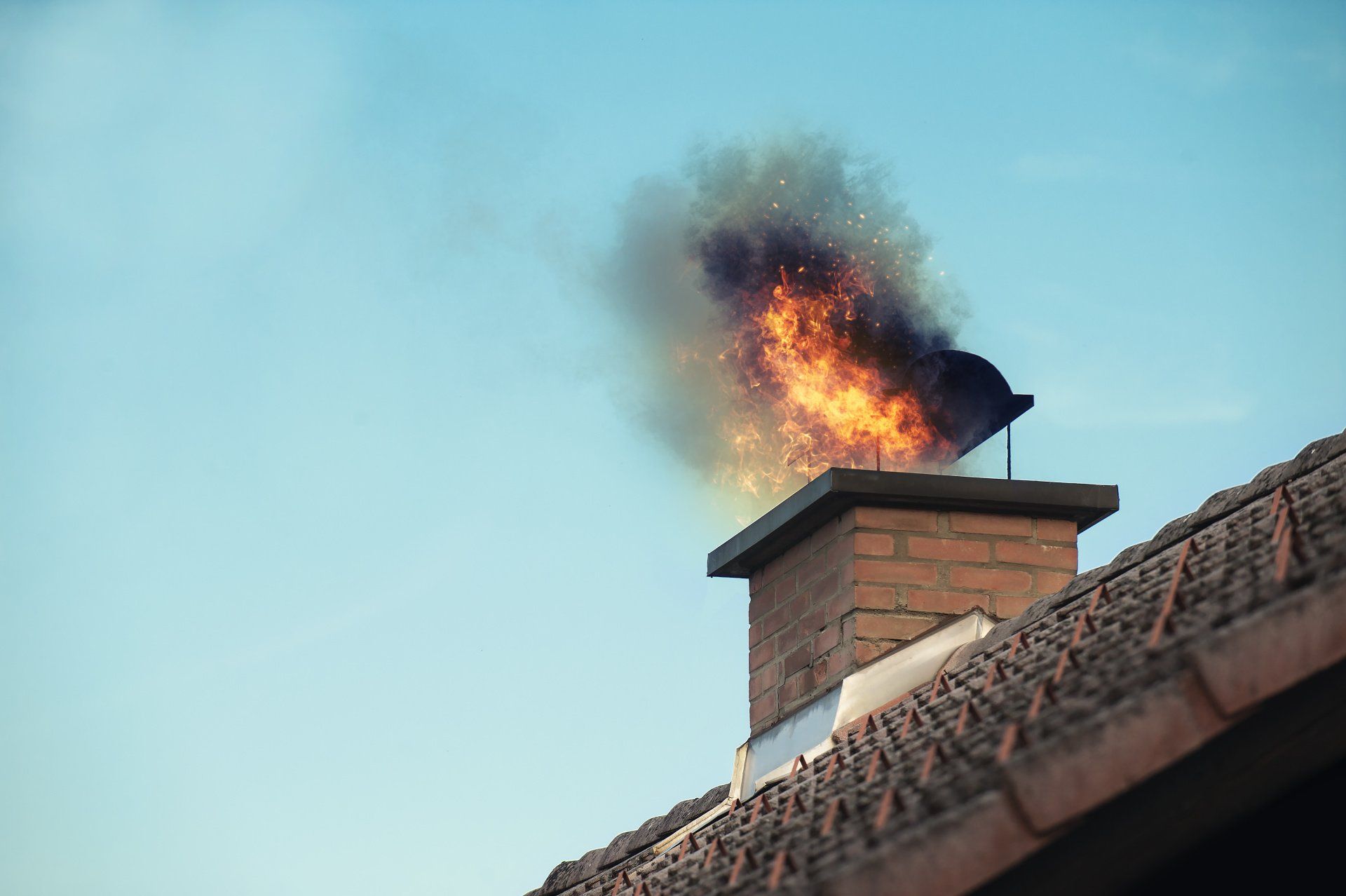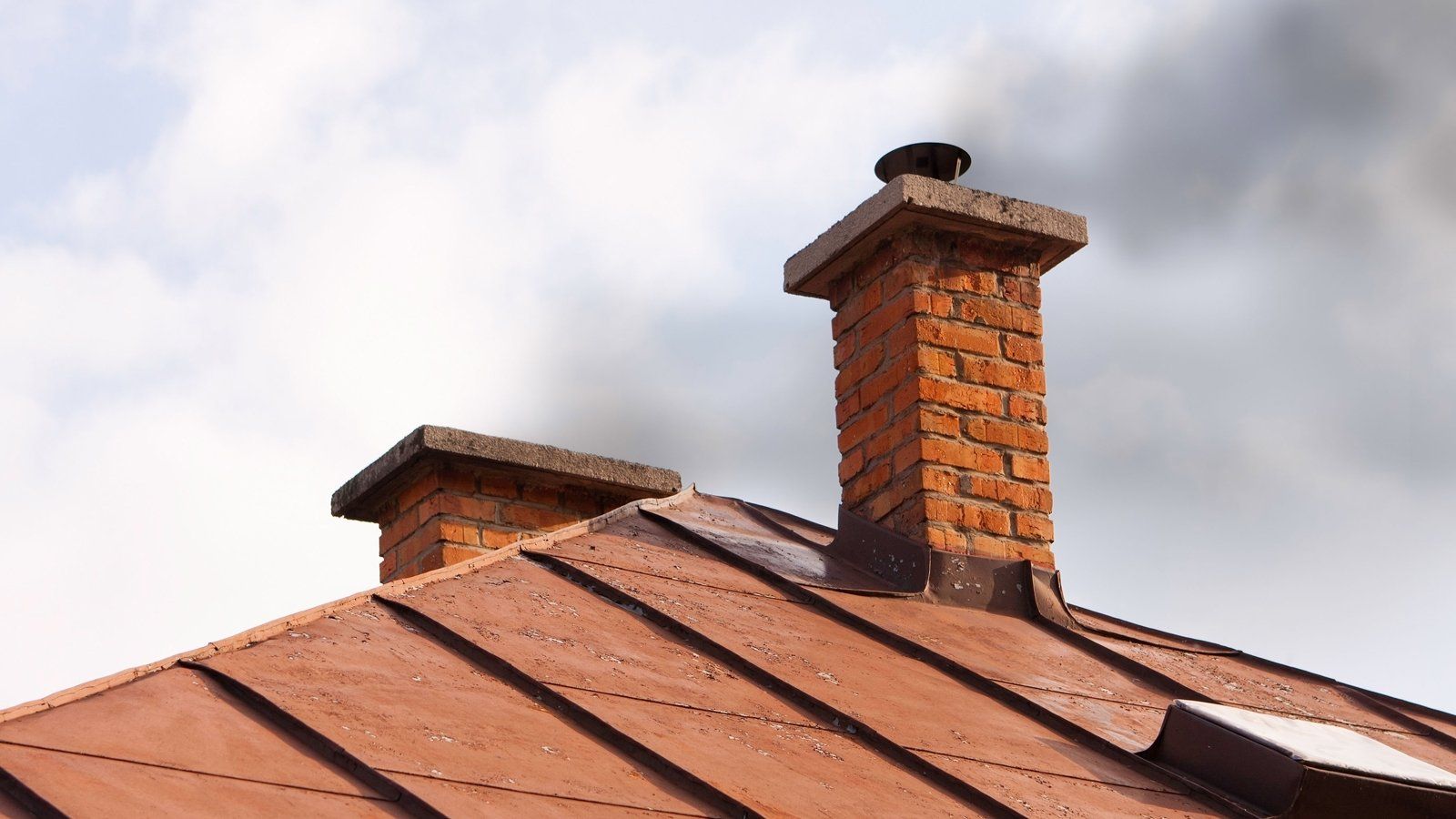
The Importance of Having Your Chimney Regularly Inspected
- By 7016552174
- •
- 23 Aug, 2019
- •
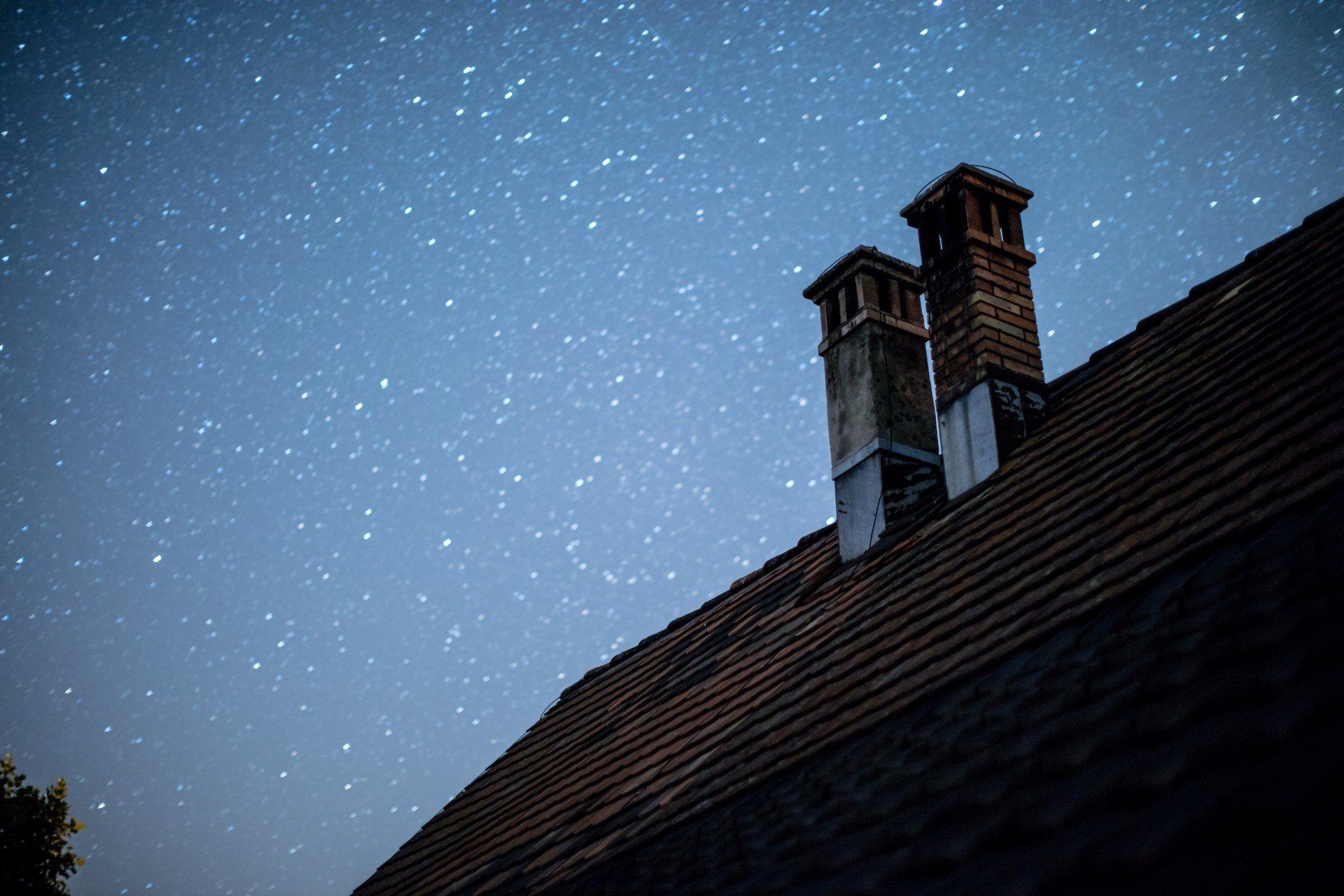
Why a Chimney Inspection is Important
It is very important to prevent problems before they even begin. When it comes to a home chimney, a chimney inspection from Dusty Brothers will help prevent future problems from occurring. An inspection can guarantee that the chimney does not have any leaks or weaknesses that may cause structural damage to the chimney or house. Inspections in Fort Wayne will also help prevent dangerous chimney fires from occurring from excess build-up and soot. The Chimney Safety Institute of America has recommended that all homeowners should have their chimneys inspected at least once a year. Chimney cleaning is also crucial for a clean and safe home. Both are important for homeowners who want their homes and chimneys to work efficiently and safely.
However, chimneys are built differently. That is why the CSIA has broken down the three levels of chimney inspections that a homeowner may need. Read on to learn more.
Level 1 Inspection
Homeowners who have a heating stove or fireplace that has been in use for years should ask about a Level 1 inspection. This type of inspection is known as a “base-level” inspection. It should be performed annually by a reliable company. During this type of inspection, a certified inspector will take a close and careful look at the easily reachable portions of the chimney from the inside and outside of the house. They will also inspect the areas of the heating appliance that are most easily accessed. For homeowners that have their chimneys swept and inspected once a year, a Level 1 inspection is the type of inspection necessary to keep the home safe.
Level 2 Inspection
When a change is made to a heating appliance or to a chimney, then a more detailed inspection should take place. This is known as a Level 2 inspection. The chimney may need to be relined or fuel types may need to be changed for the heating appliance. Homeowners who are selling their homes will also need to hire a company to perform a Level 2 inspection to prove that the chimney or heating appliance is safe to use. If the chimney has been the victim of damage from a fire, storm, or other act of God, a Level 2 inspection will need to be performed before using the chimney again. This type of chimney inspection should include a detailed video scan of the homeowner’s chimney flue. It will also include the same types of checks that occur during a Level 1 inspection.
Level 3 Inspection
A Level 3 inspection should be performed whenever there is severe chimney damage that cannot be observed from a Level 1 or 2 inspection. The Level 3 inspection will go through all of the points of the first two. However, the chimney technician will also remove areas of the chimney or building structure in order to access the chimney damage close-up.
How Often Should I Have My Chimney Inspected?
The National Fire Protection Association Standard 211 has a simple answer to this question. According to experts, all chimneys, vents, and fireplaces should be inspected once a year. Inspectors should look for freedom from deposits, soundness, and correct clearances. If necessary, chimney cleaning, maintenance, and repairs should be done immediately. Homeowners should adhere to these suggestions in order to keep their homes safe. Even if the chimney is not often used, wild animals and birds often build nests inside the flue. Additionally, deterioration inside of the chimney may make it unsafe to use.
According to The Chimney Safety Institute of America, all open masonry fireplaces should always be swept at 1/8" of sooty buildup. If more glaze is present in the chimney, this sweep should be done even sooner. This amount is enough to cause a fire which could then damage the chimney. If left ignored for too long, a fire could begin that could destroy large parts of the home or even burn it down completely. Any buildup in factory-built fireplaces should be swept away as much as possible. These deposits are also acidic and can cause the fireplace to have a shorter lifespan.
Call a Reliable Fort Wayne Company Today
Call Dusty Brothers today to learn more about chimney services, including inspection levels and chimney cleaning. A damaged or leaking chimney will absolutely need to be inspected by a professional company that can recommend the best fix. Consumers who are buying or selling a house should also schedule an appointment with a reliable company. Prevent any further damages or dangers from occurring by calling now. Remember, safety in the home starts with you. Schedule a yearly appointment to ensure your chimney and home are as safe as possible.

Quick Links
Our Service Area
